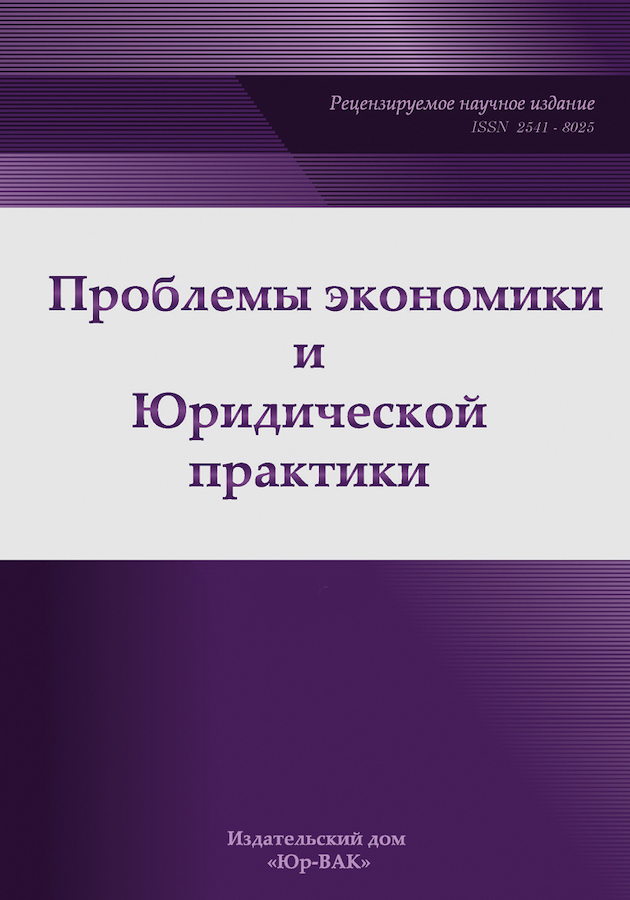Инновационная криминалистическая габитоскопия в условиях цифровизации, как источник новых доказательственных возможностей в борьбе с преступностью (киберпреступностью)
- Авторы: Лозинский О.И.1
-
Учреждения:
- Южно-Российский институт управления—филиал Российской академии народного хозяйства и государственной службы при Президенте РФ
- Выпуск: Том 19, № 5 (2023)
- Страницы: 97-102
- Раздел: Уголовно-правовые науки
- URL: https://journals.eco-vector.com/2541-8025/article/view/626975
- EDN: https://elibrary.ru/ODCZHK
- ID: 626975
Цитировать
Полный текст
Аннотация
Цель исследования. В статье анализируются возможности инновационной криминалистической габитоскопии в условиях цифровизации как источника новых доказательств в борьбе с преступностью (киберпреступностью).
Выводы. Криминалистическая габитоскопия в условиях цифровизации не является статичным, устоявшимся направлением криминалистической деятельности (области исследования), а находится в процессе динамичного развития. Цифровизация всех направлений общественной жизни, являющаяся неизбежным следствием прогресса, порождает побочный эффект в виде многообразных форм киберпреступности, а инновационная габитоскопия, используя возможности цифровизации, развивается и становится одной из действенных форм противодействия преступности (киберпреступности).
Ключевые слова
Полный текст
Об авторах
Олег Иванович Лозинский
Южно-Российский институт управления—филиал Российской академии народного хозяйства и государственной службы при Президенте РФ
Автор, ответственный за переписку.
Email: oleg.lozz@yandex.ru
SPIN-код: 3389-3371
кандидат юридических наук, доцент кафедры процессуального права
Россия, Ростов-на-ДонуСписок литературы
- Барычева А.А., Виниченко А.С. Современные тенденции развития криминалистического исследования человека // Научный электронный журнал «Академическая публицистика». 2022. № 1. С. 309–317.
- Давыдов Е.В. Криминалистическая оценка признаков внешности человека, отобразившегося на цифровых изображениях // Судебная экспертиза. 2019. № 4 (40). С. 99–105.
- Калашникова А.И., Хайдаршина Н.М., Косарев С.Ю. Современное состояние и актуальные проблемы судебной портретной экспертизы // Актуальные проблемы науки и практики. 2021. № 4.
- Куликов А.В., Шепет О.А. Личность террориста: современные методики определения // Известия ТулГУ. Экономические и юридические науки. 2022. Вып. 4. С. 27–33.
- Омаров Ю.А. Средства индивидуализации граждан // Актуальные проблемы российского права. 2018. № 6. С. 75–81.
- Сенина Ю.Э. Криминалистическая габитоскопия как важная составляющая в расследовании и раскрытии преступлений // Моя профессиональная карьера. 2020. Т. 2. № 10. С. 97–104.
- Федорович В.Ю. Интеграция в габитоскопии // Вестник экономической безопасности. Юридические науки. 2020. № 2. С. 218–221.
Дополнительные файлы









